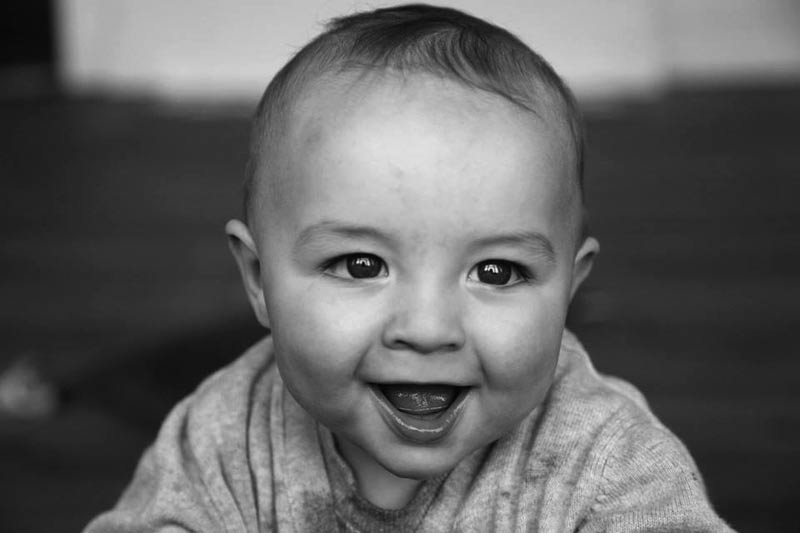No Birth Ever Goes to Plan 01.11.15
Jess Rose draws on her experience of childbirth to analyse the impact of downgrading maternity services, and invites mothers across Wales to contribute to a film project responding to these dangerous cuts.
According to the 2014 maternity statistics for Wales (see here, accessed 27.09.2015), Bronglais hospital in Ceredigion hosts an average of 500 birth per year. Of these babies, 32% arrive via Caesarean, and 14% through instrumental delivery. Only 48% experience a ‘normal delivery’. Considering this figure falls below half, I feel it might be appropriate to question this use of the term ‘normal’. The only observable ‘norm’ is that despite the phenomenon of the ‘birth plan’ for mothers (a record of what you would like to happen and to avoid during your labour and after the delivery) birth cannot be scripted at all. We might read ‘normal’ to mean ‘natural’, a concept within birth narratives which can be disputed in that, regardless of one’s rejection of pain medication or the non-requirement of medical intervention, no birth takes place free of cultural constructs and pressures, and besides, no birth ever goes to plan.

Idris © Jess Rose
Though the statistical chart does not declare just how many of the C-Sections cited were planned, we can assume that some, at least, were not. Following the chart a little further beyond my own local hospital, I note that the figure for C-Sections falls at roughly 30% in almost every entry: in Nevill Hall, Abergavenny, Princess of Wales, Bridgend, Singleton, Swansea. There are, however, glaring zeros between these figures, representative of those hospitals which lack the necessary consultants and facilities to perform C-Sections, and other interventions.
Sign in to read moreAbout the author
Jess Rose is a postgraduate researcher and freelance photographer, currently preparing for a period of travel with her baby.
.Notes and further links: